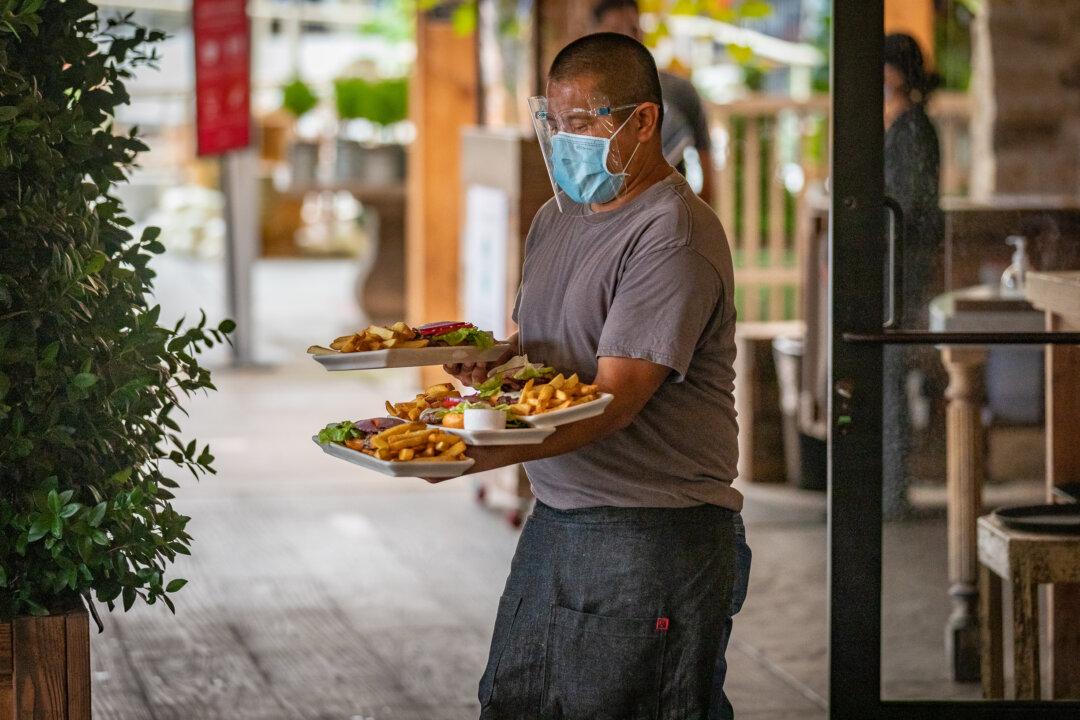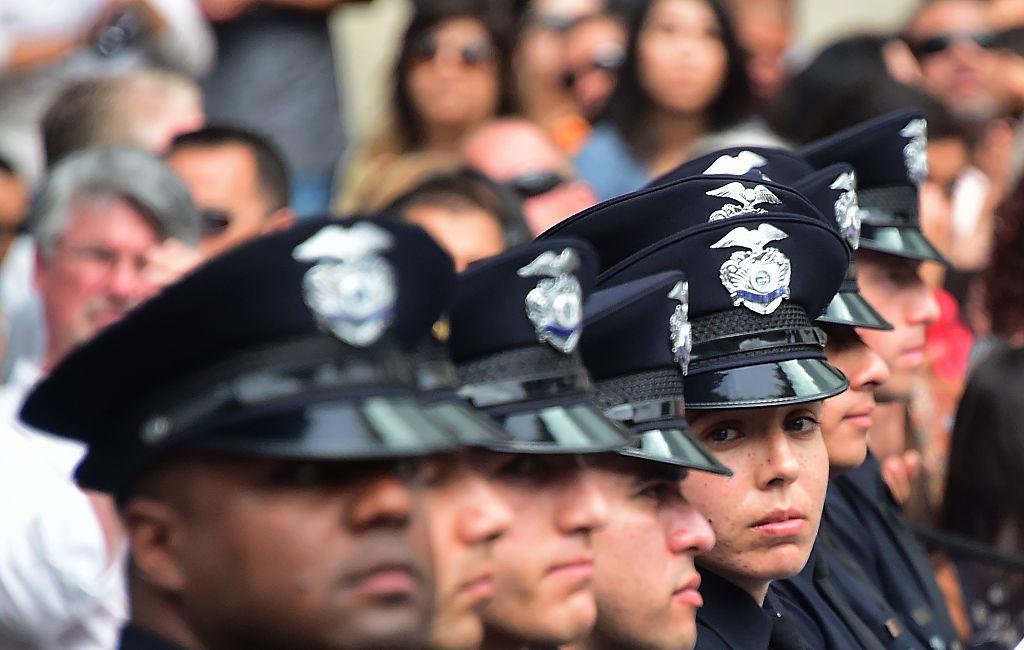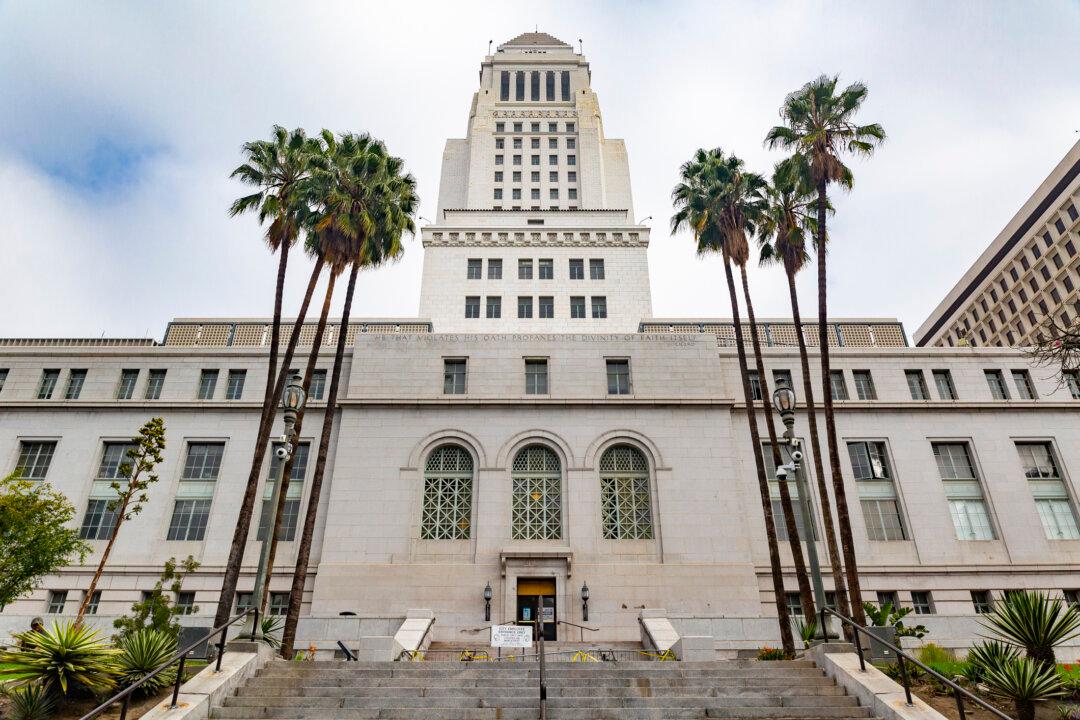As small-business owners across California anxiously await distribution of the latest round of stimulus checks while pandemic restrictions linger on, some Orange County cities—along with the Board of Supervisors—have created relief programs of their own.
Laguna Beach, Costa Mesa, and Mission Viejo are among the cities that have created their own grant programs to aid small businesses and restaurants, while district supervisors have reached into the county’s general fund to allocate more resources toward relief efforts.





